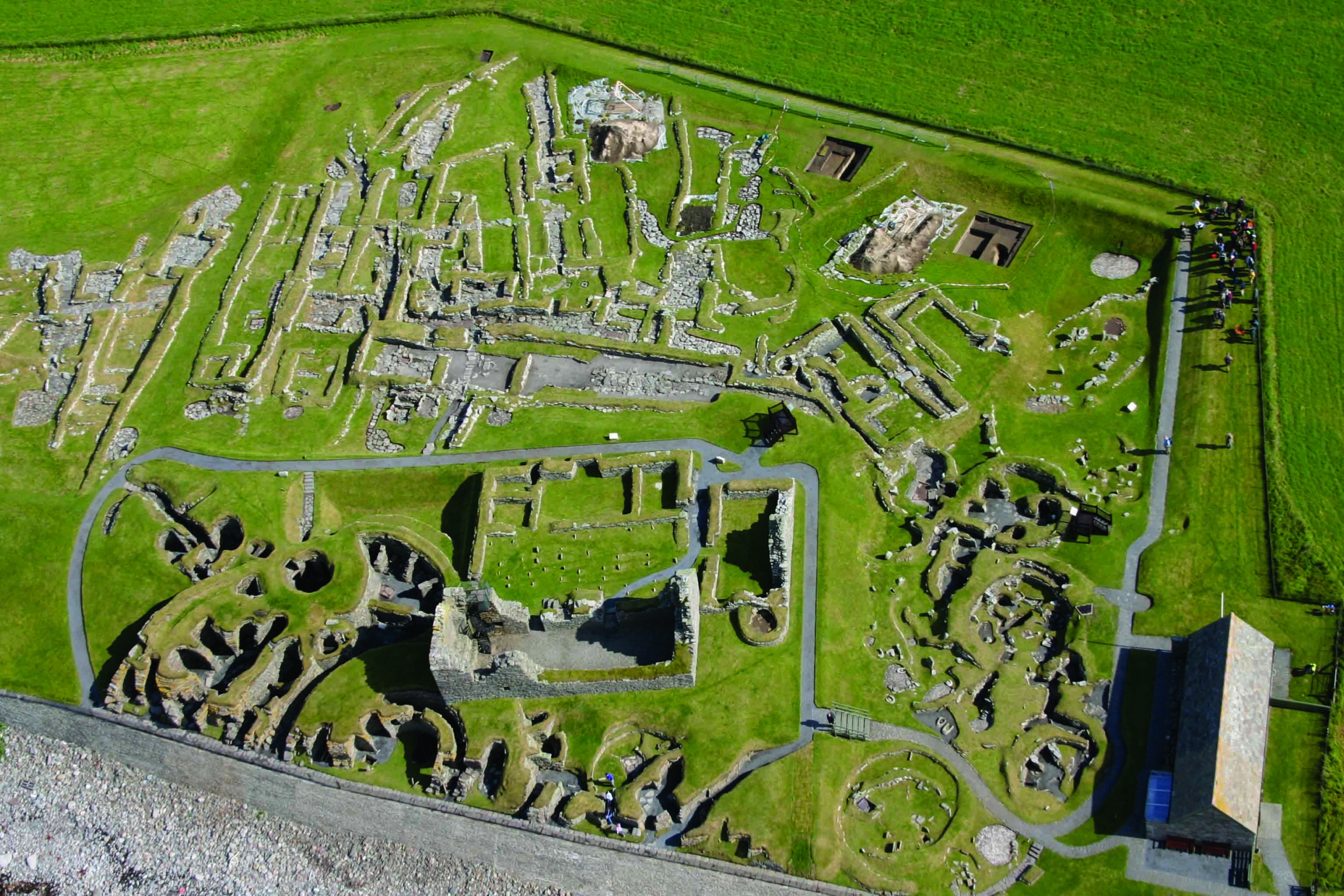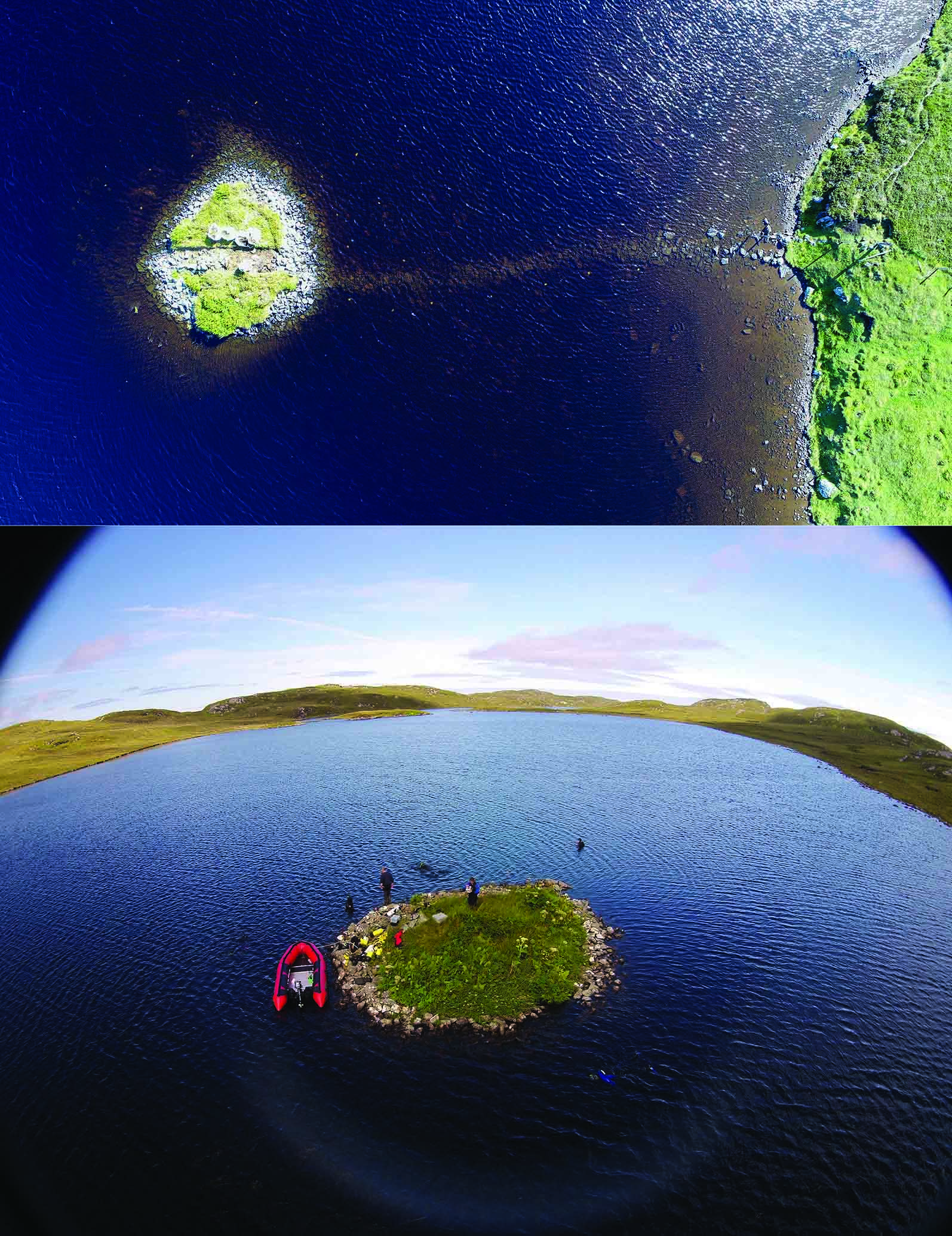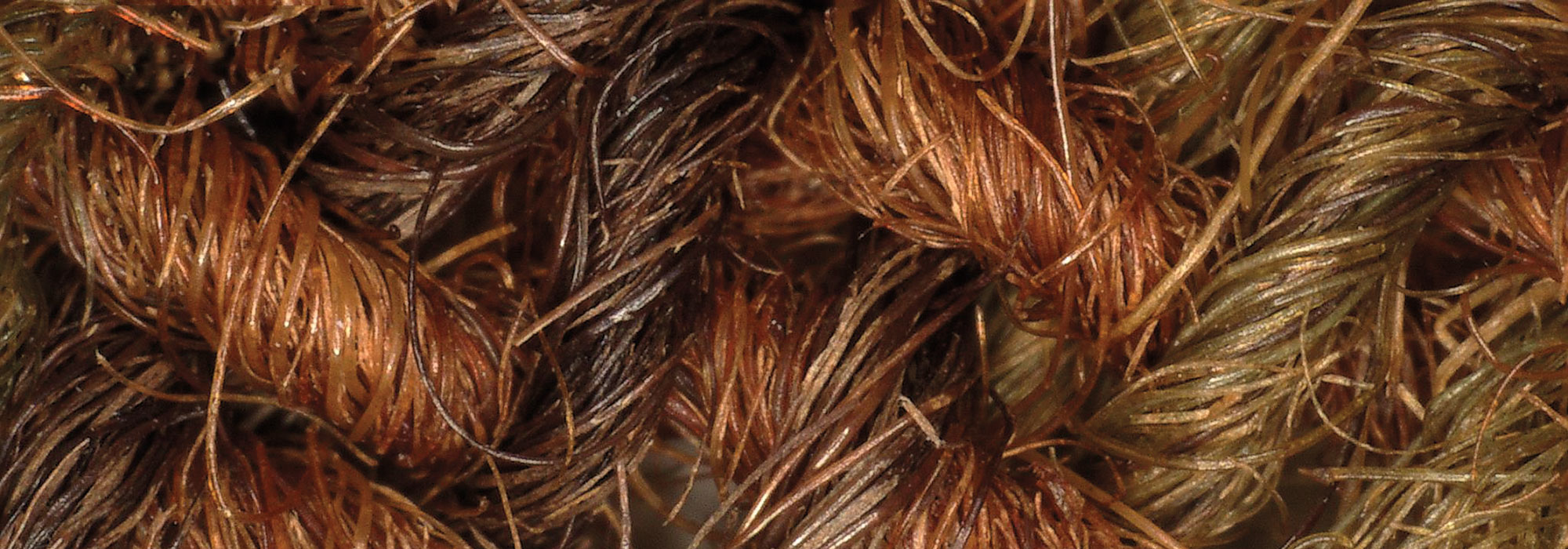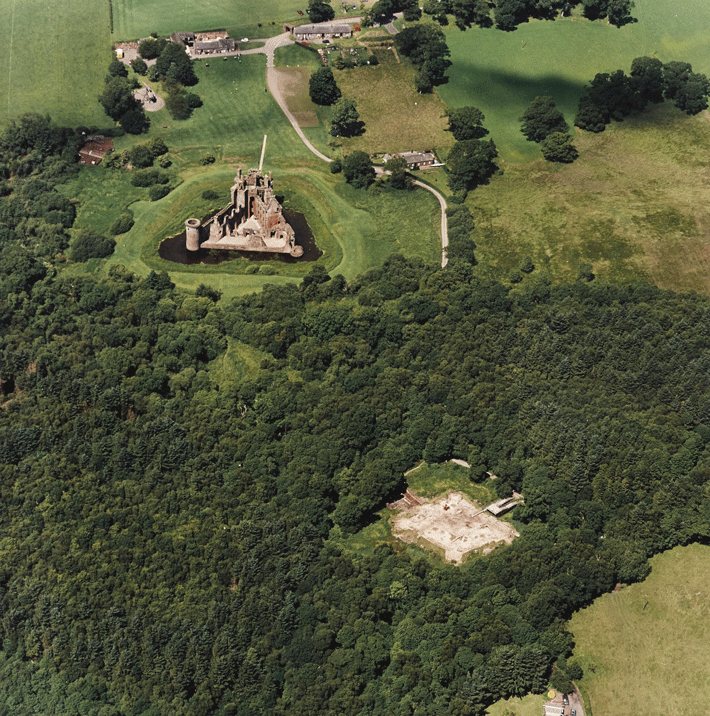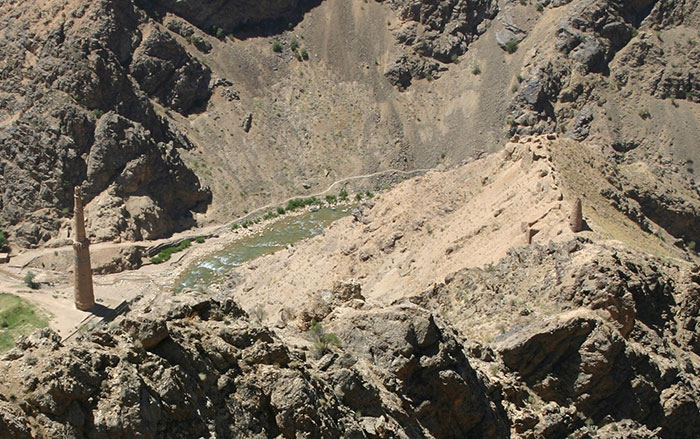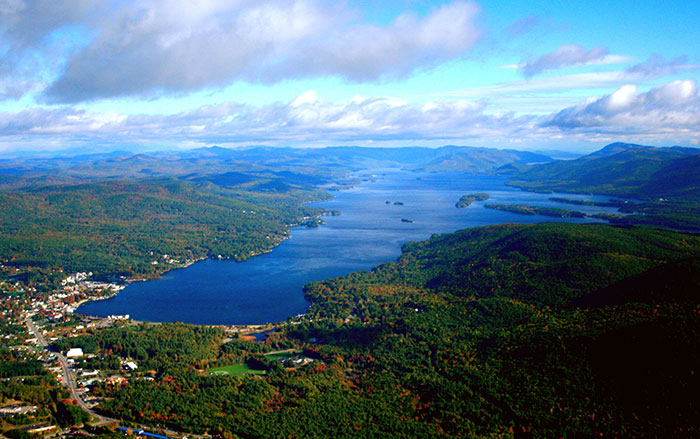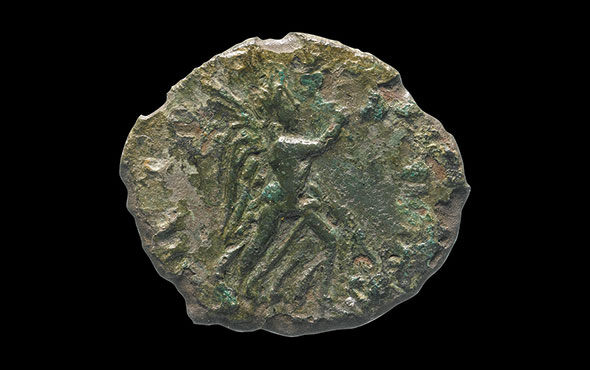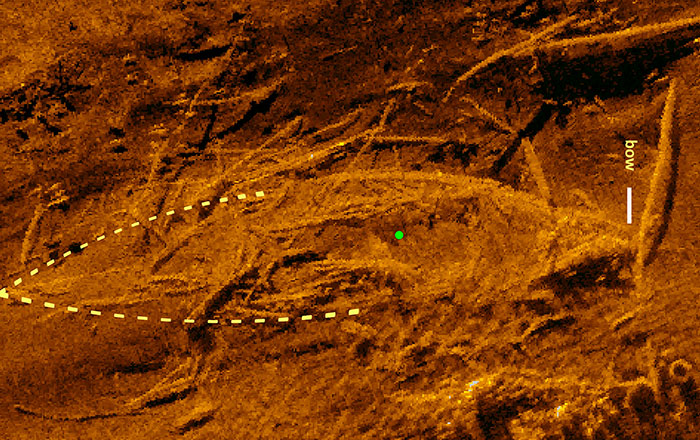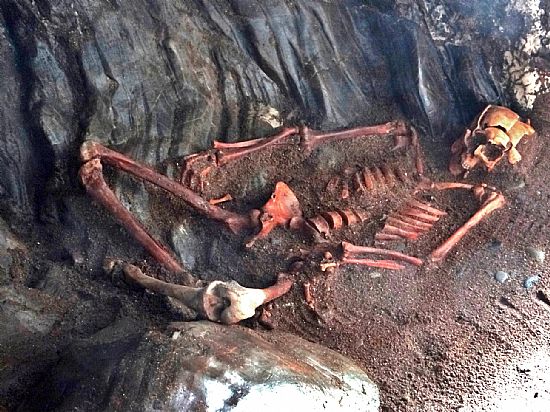
DUNDEE, SCOTLAND—Analysis of the so-called Rosemarkie Man’s genome, conducted by Katharina Dulias of the University of York and Ceiridwen J. Edwards of the University of Huddersfield, suggests he was related to other Iron Age people whose remains were found on Knowe of Skea, a small Orkney Island off Scotland’s northern coast, according to a BBC News report. Forensic anthropologist Dame Sue Black of the University of Dundee said the 1,400-year-old remains, which were discovered weighted down with stones in a grave in a cave in the Scottish Highlands in 2016, show signs of head trauma and a brutal death. Chemical analysis of the man’s bones indicates he ate a high-protein diet, which is often associated with high status. Researchers from the Rosemarkie Caves Project estimate Rosemarkie Man stood about five feet six inches tall, and was about 30 years old at the time of his death. The cave burial may have been intended to place him at the entrance to the underworld, they added. For more on Orkney, go to "Neolithic Europe's Remote Heart."


